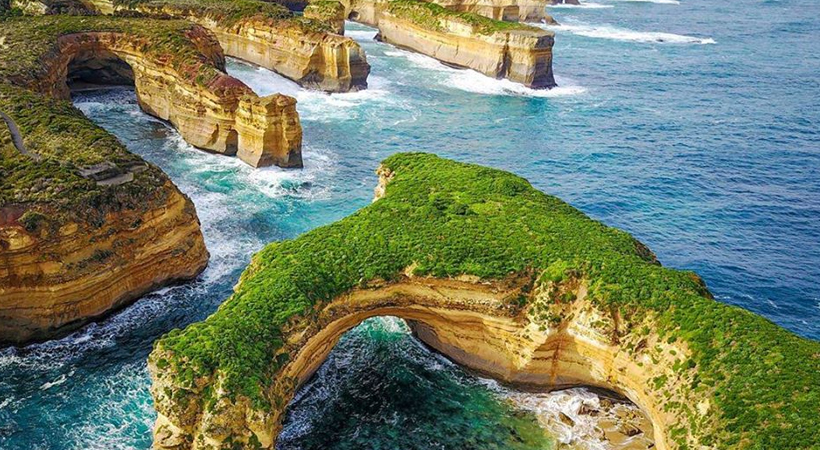Travel agents in Australia struggle to keep up with holiday cancellation complaints

It’s believed billions of dollars are currently tied up in unused holiday credits and yet-to-be issued refunds, and customers are not happy. The issue has become so heated the Australian Competition and Consumer Commission (ACCC) has been forced to develop a series of guidelines for travel agents dealing with coronavirus-related cancellations after record numbers of complaints from holidaymakers.
In the six months to the end of June this year, the ACCC received a total of 14,768 complaints related to cancelled travel, a more than five-fold increase on the same time last year, ABC News has reported.
Most of the work of the ACCC’s COVID-19 taskforce — set up to respond to issues impacting Australian consumers and businesses during coronavirus — has been tied up with travel issues, a spokesman said.
“Many consumers have contacted the ACCC asking about their right to a refund or credit voucher for cancelled travel services,” he said. “Other common complaints include businesses allegedly misleading consumers about their entitlements under the terms and conditions of their booking or ticket, or charging excessive change or cancellation fees to consumers.”
In 2018-19 more Australians went overseas than ever before — ABS data shows 11.2 million short-term overseas trips were taken, most of them (57 %) by holidaymakers.
Coronavirus has clipped those wings severely.
Australian Federation of Travel Agents (AFTA) chair Tom Manwaring estimated at least $10 billion had been spent on holidays that were not able to be taken.
He said travel agents were dealing with millions of cancelled bookings, from airfares to hotels, tours and rental car hire, and it could take up to 12 months before the process was completed, said the ABC News report.
“You’re dealing with 52 international carriers into Australia, 60-70 cruise liners, hundreds of different hotel options — so all of those individual businesses have their own individual ts and cs [terms and conditions],” Manwaring said.
He said travel agents were themselves under an enormous amount of stress, working long days to help customers with no financial reward, since new travel bookings were virtually non-existent.
“If the customer doesn’t travel, the agent’s out of pocket,” he said. “There’s a lot of stress. These guys are re-mortgaging homes and cashing in super just to keep these businesses alive for the day that Covid passes.”
AFTA believes it’s time the Federal Government looked at financial support for travel agents, stated the ABC News Report. Manwaring said agents were responsible for the collection of passenger movement taxes on airline tickets, 50% of which was used for airport operations including security and customs. He said the remaining 50% should be diverted into a fund to help travel agents.
Without such support, Manwaring said a survey of AFTA members indicated up to half of the industry’s 3,000 travel agencies could go bust by Christmas, resulting in the loss of around 20,000 jobs.
Latest figures from Tourism Research Australia (TRA), calculated before the latest Victorian shutdown, are not encouraging for the industry. “For the next 12 months, the domestic tourism market is estimated to be around $84 billion in 2020-21, a fall of around $23 billion when compared to the last uninterrupted time period (2019),” a TRA spokeswoman said.
“This also assumes the loss of the entire international market, which provided more than $31 billion in tourism spend in Australia in 2019. The total loss to the tourism industry could be about $55 billion, or almost 40% of the industry’s revenue.”
The International Air Transport Association (IATA) predicts the airline industry will not return to pre-coronavirus levels until at least 2024.





